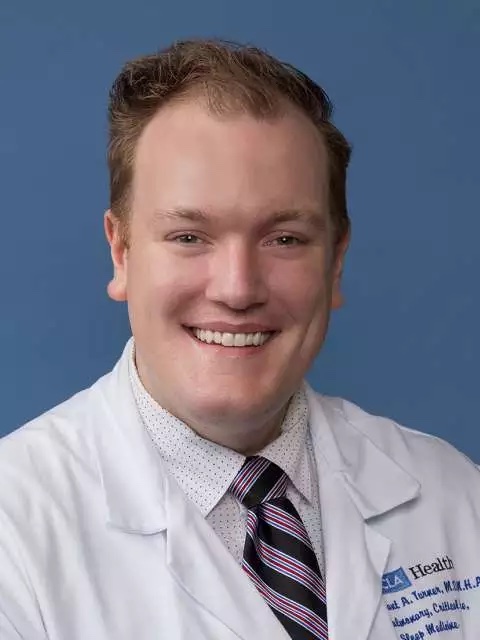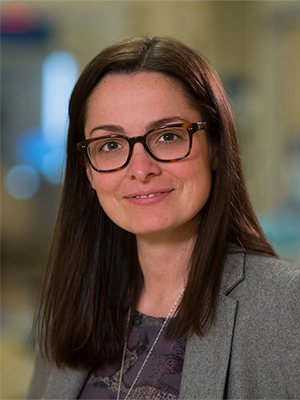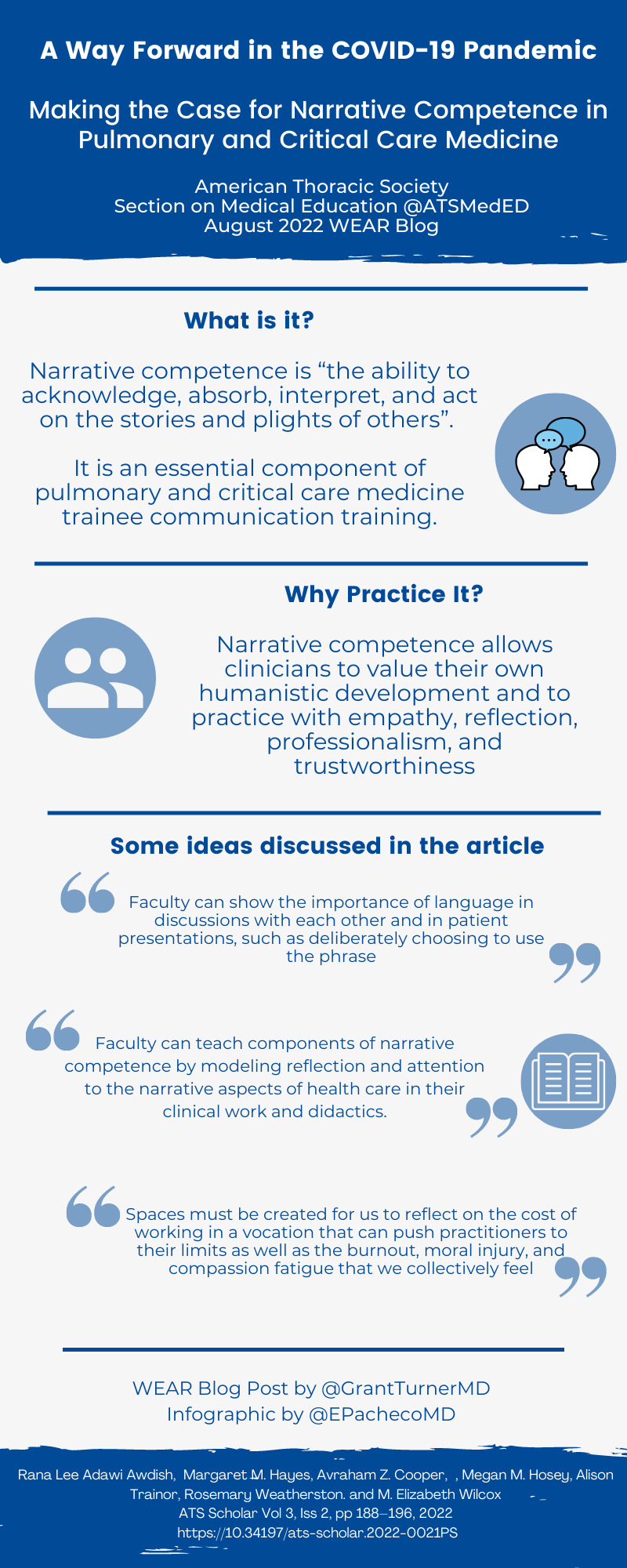A Way Forward in the COVID-19 Pandemic: Making the Case for Narrative Competence in Pulmonary and Critical Care Medicine
Citation: Awdish, R. L. A., Hayes, M. M., Cooper, A. Z., Hosey, M. M., Trainor, A., Weatherston, R., & Wilcox, M. E. (2022). A Way Forward in the COVID-19 Pandemic: Making the Case for Narrative Competence in Pulmonary and Critical Care Medicine. ATS Scholar
Summary
As Pulmonary/Critical Care medicine (PCCM) Physicians, we interact with other individuals in deeply unique ways, during intensely emotional moments. As training physicians has grown significantly in procedural and medical knowledge components, the ability to acknowledge, absorb, interpret, and act on the stories and plights of others (known as narrative competence) is a critical skill to learn and master. The ability to add context and process the suffering that occurs in the ICU has been amplified by the COVID-19 pandemic. In this framework article, the authors describe narrative competence as it applies to PCCM, strategies to add this to fellowship training, and specific examples of how to apply narrative medicine to everyday practice.
Interview
GT: Your article on narrative medicine highlights the need to add humanity components into the daily practice of medicine, especially in the ICU. What would you feel is the biggest barrier to this and how would you address it?EW: The biggest barrier to much needed humanity components into the daily practice of medicine is– time. There are so many demands for it, that one must be purposeful in carving out time to or space for reflection – to "acknowledge, absorb, interpret, and act on the stories and plights of others". It is an active process that requires time and energy – and practice. Daily duties in clinic, on the ward or in the ICU can't preclude this practice. It may be easier to incorporate if done as a medical team. There doesn't necessarily need to be a "champion" of narrative competence but there needs to be a collective acceptance of its value.
GT: The COVID-19 pandemic has accelerated the moral injury many PCCM physicians and trainees feel on a day-to-day basis and many physicians have turned to social media to tell their stories and practice narrative medicine. How do you feel the use of social media, such as Twitter, fits into the use of narrative medicine and subsequently competence?
EW: Social media has offered a means to share experiences more widely and collectively reflect on how many of the resultant hardships experienced by PCCM physicians and trainees were associated with broken narratives – narratives on a societal, professional, and personal scale. Twitter has afforded the opportunity to highlight not only reflective writing such as a poem but also other modalities of reflective practice such as paintings. Social media provides a platform to affirm our stories with and for each other when our collective identity was being threatened.
GT: What would be your suggestion to a PCCM faculty member who reads your article, but is unsure if they have the adequate training to lead a narrative medicine session with their trainees and wants to learn more or become stronger in their own narrative competence?
EW: There are so many resources available to learn more on narrative competence including textbooks, workshops, and online certificate programs. If a faculty member would like further guidance, they could also look within the faculty of their university as many members within health and medical humanities programmes or the Department of English are likely "in-house" experts. If not, reaching out to other who have successfully integrated programs into their own institution – a narrative competence peer-support program might be another idea.
GT: Similarly, what would be your suggestion to a PCCM program director or leader who is unsure of where to start on how to add narrative medicine and competence to their program?
EW: A PCCM program director or leader can begin by increasing individual (e.g., role modeling attentive listening to patient stories at the bedside) and institutional (e.g., speakers versed in narrative competence to present at grand rounds) recognition of the narrative nature of clinical works and its importance in medical education. In addition, we offer many examples within our manuscript such as the formal incorporation at the start or end of outpatient pulmonary clinic with a read, reflect, and respond exercise.
GT: From a larger perspective, how do you feel organizations, whether educational bodies like ACGME, or member organizations such as ATS and CHEST, could highlight narrative medicine and competency to a larger audience?
EW: A curriculum that includes narrative competency affords PCCM trainees to gain skills in the ACGME core competencies of interpersonal and communication skills as well as professionalism. Narrative competency is a powerful framework for educators to ensure that trainees develop the capacity to value their own humanistic development and practice with empathy and reflection. At the ATS conference in 2022, the PCCM keynote was dedicated to narrative competency. It would be great to see consistent commitment to such endeavors in future meetings. Further, a dedicated issue or series to narrative competence would help to elevate the skillset of our community and may foster accelerated learning from each other's shared experience.
Blog Post Author

Grant Turner, MD, MHA is the current Editor of the ATS What Educators Are Reading Blog. He is also a Clinical Instructor at the University of California Los Angeles in Pulmonary/Critical Care Medicine with a clinical focus in Lung Transplant and Cystic Fibrosis. His academic interests include medical education, patient safety and quality, and LGBTQ+ inclusive subspecialty medical care.
Twitter: GrantTurnerMD
Article Author

M. Elizabeth Wilcox MD PhD FRCPC is an Associate Professor at the University of Toronto and attending physician in the Medical-NeuroSurgical ICU at the Toronto Western Hospital. She completed medical school at the University of Calgary, internal medicine and adult critical care residencies at the University of Toronto, a master's degree in Health Services Research at the London School of Hygiene and Tropical Medicine, and a Doctor of Philosophy in Medical Sciences at the University of Toronto.
Twitter: 1791_mew




